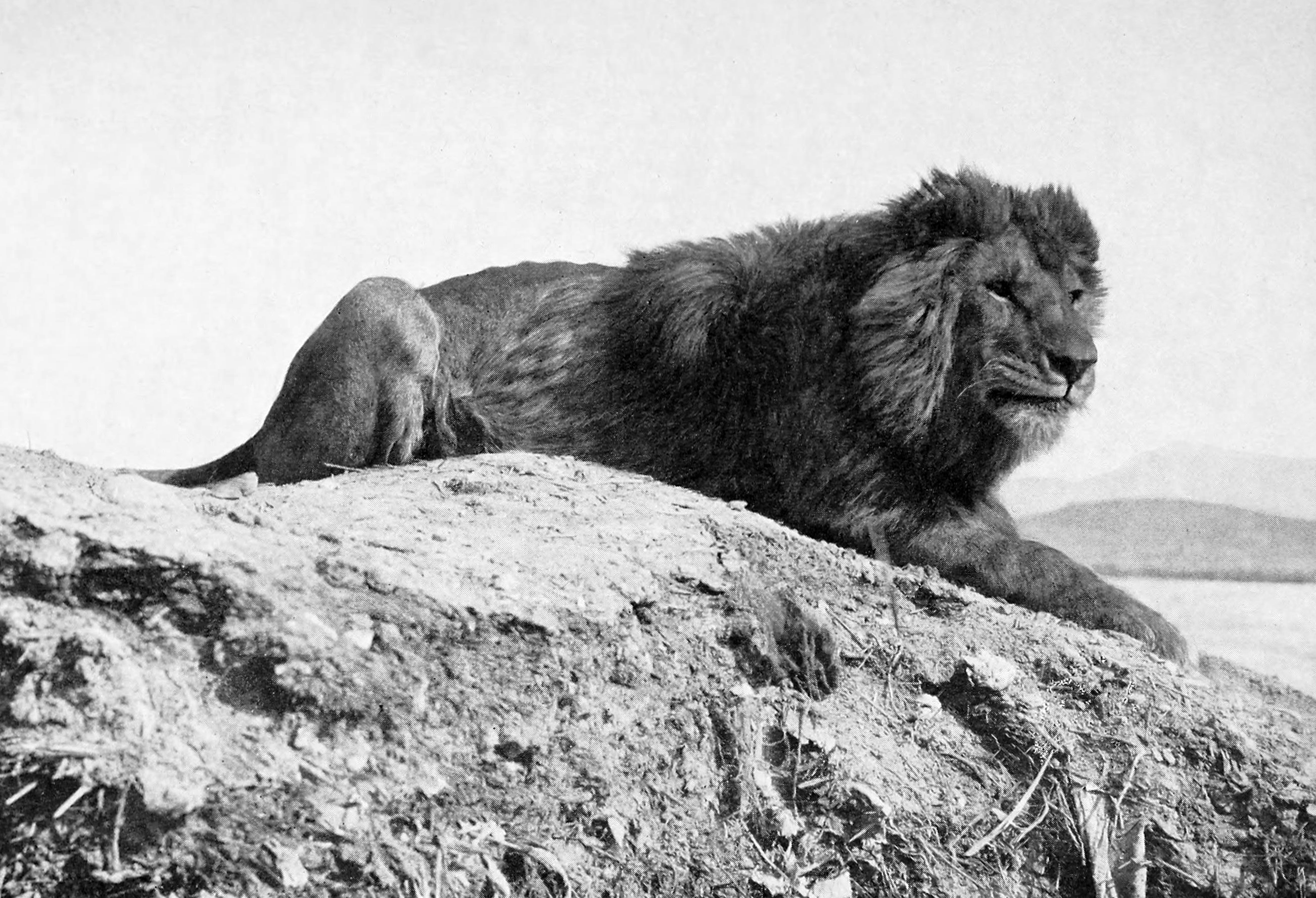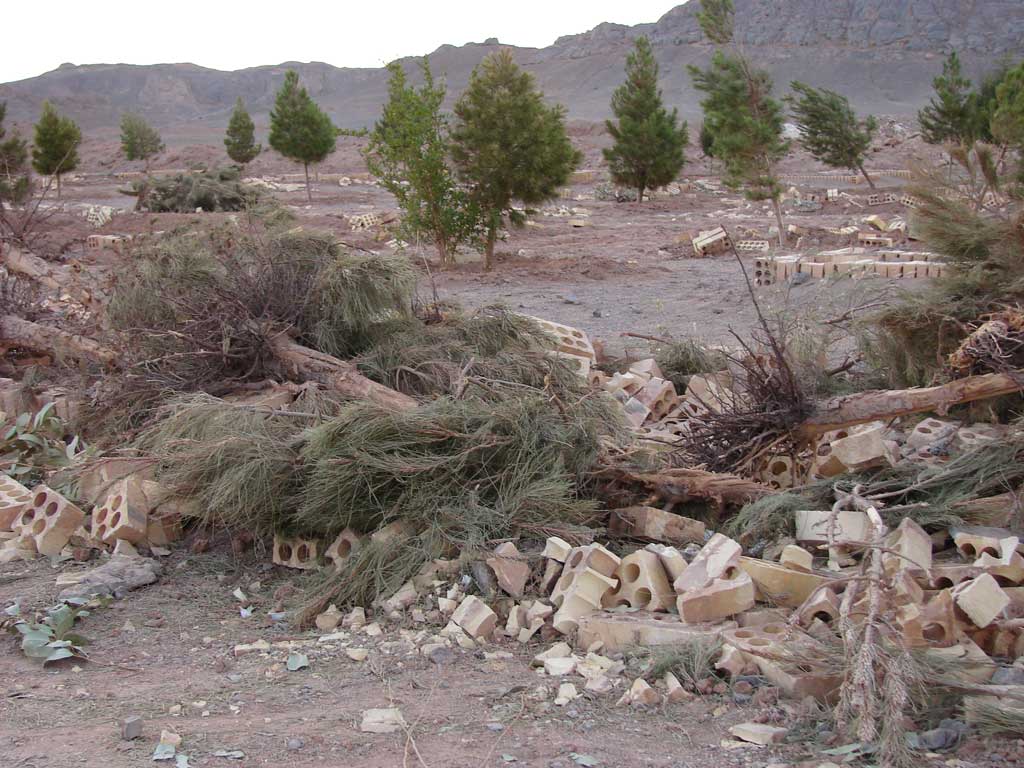|
Baháʼí Faith In Algeria
The Baháʼí Faith in Algeria began about 1952. In 1954 the first Baháʼí Local Spiritual Assembly of Algiers was elected. In 1963 a survey of the community counted 2 assemblies, 2 organized groups (between 1 and 9 adults) of Baháʼís and hosted a regional National Spiritual Assembly for Algeria and Tunisia in 1967 however pioneers were expelled in late 1968 during the period of the independence of Algeria when the country adopted Islamic practices in rejection of colonial influences. However more recently the Association of Religion Data Archives and Wolfram Alpha estimated 3.3–3.8 thousand Baháʼís in 2005 and 2010. Early history The second Letter of the Living, Muḥammad-Ḥasan Bushrú'í, a prominent follower of the predecessor Bábí Faith, was arrested in 1845 by Ottoman authorities and the punishment they entertained speculated of banishing him to Algeria at one point. Another very early mention is of a Baháʼí wanting to go to Algeria occurs circa 1909. A ... [...More Info...] [...Related Items...] OR: [Wikipedia] [Google] [Baidu] |
Local Spiritual Assembly
Spiritual Assembly is a term given by ʻAbdu'l-Bahá to refer to elected councils that govern the Baháʼí Faith. Because the Baháʼí Faith has no clergy, they carry out the affairs of the community. In addition to existing at the local level, there are national Spiritual Assemblies (although "national" in some cases refers to a portion of a country or to a group of countries). Spiritual Assemblies form part of the elected branch of the Baháʼí administration. Nature and purpose Baháʼu'lláh, ʻAbdu'l-Bahá, and Shoghi Effendi stated how Spiritual Assemblies should be elected by the Baháʼís, defined their nature and purposes, and described in considerable detail how they should function. Since these institutions are grounded in the Baháʼí authoritative texts, Baháʼís regard them as divine in nature, and contrast the wealth of scriptural guidance with the paucity of scriptural texts on which Jewish, Christian, and Islamic religious institutions are based. The Un ... [...More Info...] [...Related Items...] OR: [Wikipedia] [Google] [Baidu] |
Oran
Oran ( ar, وَهران, Wahrān) is a major coastal city located in the north-west of Algeria. It is considered the second most important city of Algeria after the capital Algiers, due to its population and commercial, industrial, and cultural importance. It is west-south-west from Algiers. The total population of the city was 803,329 in 2008, while the metropolitan area has a population of approximately 1,500,000 making it the second-largest city in Algeria. Etymology The word ''Wahran'' comes from the Berber expression ''wa - iharan'' (place of lions). A locally popular legend tells that in the period around AD 900, there were sightings of Barbary lion, Barbary lions in the area. The last two lions were killed on a mountain near Oran, and it became known as ''la montagne des lions'' ("The Mountain of Lions"). Two giant lion statues stand in front of Oran's city hall, symbolizing the city. History Overview During the Roman Empire, a small settlement called ''Unica Colonia'' ... [...More Info...] [...Related Items...] OR: [Wikipedia] [Google] [Baidu] |
Persecution Of Baháʼís
Persecution of Baháʼís occurs in various countries, especially in Iran, where the Baháʼí Faith originated and where one of the largest Baháʼí populations in the world is located. The origins of the persecution stem from a variety of Baháʼí teachings which are inconsistent with traditional Islamic beliefs, including the finality of Muhammad's prophethood, and the placement of Baháʼís outside the Islamic religion.Mottahedeh, Roy, ''The Mantle of the Prophet : Religion and Politics in Iran'', One World, Oxford, 1985, 2000, p.238 Thus, Baháʼís are seen as apostates from Islam. Baháʼí spokespeople, as well as the United Nations, Amnesty International, the European Union, the United States, and peer-reviewed academic literature have stated that the members of the Baháʼí community in Iran have been subjected to unwarranted arrests, false imprisonment, beatings, torture, unjustified executions, confiscation and destruction of property owned by Baháʼí indivi ... [...More Info...] [...Related Items...] OR: [Wikipedia] [Google] [Baidu] |
History Of Algeria
Much of the history of Algeria has taken place on the fertile coastal plain of North Africa, which is often called the Maghreb (or Maghreb). North Africa served as a transit region for people moving towards Europe or the Middle East, thus, the region's inhabitants have been influenced by populations from other areas, including the Carthaginians, Romans, and Vandals. The region was conquered by the Muslims in the early 8th century AD, but broke off from the Umayyad Caliphate after the Berber Revolt of 740. During the Ottoman period, Algeria became an important state in the Mediterranean sea which led to many naval conflicts. The last significant events in the country's recent history have been the Algerian War and Algerian Civil War. Prehistory Evidence of the early human occupation of Algeria is demonstrated by the discovery of 1.8 million year old Oldowan stone tools found at Ain Hanech in 1992. In 1954 fossilised '' Homo erectus'' bones were discovered by C. Arambourg at ... [...More Info...] [...Related Items...] OR: [Wikipedia] [Google] [Baidu] |
Religion In Algeria
Religion in Algeria is dominated by Muslims, with nearly ninety-eight of the population (over ninety-nine percent of the population that state any religion) adhering to Sunni Islam of the Maliki school of jurisprudence, as of 2020. The remainder include other Islamic schools and branches (Ahmadis, Shias and Ibadis), Christian denominations (Roman Catholics, Seventh-day Adventists, the Protestant Church of Algeria (a federation of Reformed and Methodist groups), Lutherans, Anglicans and Egyptian Copts), Baháʼís and Jews. Estimates of the Christian population range from 71,000 (estimate for 2010) to 200,000 (2018 report). The latest available estimates suggest a Baháʼí population of 3,300 (2010 report), and a Jewish community of less than 200 people. Islam Islam, the religion of almost all of the Algerian people, pervades most aspects of life. It provides the society with its central social and cultural identity and gives most individuals their basic ethical beliefs.Deeb, ... [...More Info...] [...Related Items...] OR: [Wikipedia] [Google] [Baidu] |
World Christian Encyclopedia
''World Christian Encyclopedia'' is a reference work, with its third edition published by Edinburgh University Press in November 2019. The ''WCE'' is known for providing membership statistics for major world religions and Christian denominations including historical data and projections of future populations. The data incorporated into the ''World Christian Encyclopedia'' have been made available online at the World Christian Database (WCD). Editions 1st - 1982 The first edition of the ''World Christian Encyclopedia'' (''WCE''), by David B. Barrett, was published in 1982 by Oxford University Press. Barrett was a trained aeronautical engineer who became a missionary with the Church Missionary Society (Anglican). He arrived in Nyanza Province in Western Kenya in 1957. Over the course of 14 years he traveled to 212 of 223 countries and corresponded with Christians all over the world in search of the most up-to-date statistics on Christianity and world religions. His research res ... [...More Info...] [...Related Items...] OR: [Wikipedia] [Google] [Baidu] |
Universal House Of Justice
The Universal House of Justice ( fa, بیتالعدل اعظم) is the nine-member supreme ruling body of the Baháʼí Faith. It was envisioned by Baháʼu'lláh, the founder of the Baháʼí Faith, as an institution that could legislate on issues not already addressed in the Baháʼí writings, providing flexibility for the Baháʼí Faith to adapt to changing conditions. It was first elected in 1963, and subsequently every five years, by delegates consisting of the members of Baháʼí National Spiritual Assemblies throughout the world. The Universal House of Justice, as the head of the religion, has provided direction to the worldwide Baháʼí community primarily through a series of multi-year plans, as well as through annual messages delivered during the Ridván festival. The messages have focused on increasing the number of Local Spiritual Assemblies, translating Baháʼí literature, establishing Baháʼí Centres, completing Baháʼí Houses of Worship, holding in ... [...More Info...] [...Related Items...] OR: [Wikipedia] [Google] [Baidu] |
The Promise Of World Peace
__NOTOC__ ''The Promise of World Peace'' is a document produced by the Universal House of Justice of the Baháʼí Faith in October 1985, on the occasion of the International Year of Peace. It outlines the major prerequisites for, as well as the obstacles working against, the establishment of world peace. As of January 1988 the peace statement had been presented to 198 heads of state, 75 directly and 123 indirectly. The statement had been translated into 76 languages and an estimated one to two million copies disseminated to people around the world. Some specifics by country were listed in 9 pages of the February 1988 issue of the Baháʼí News. Summary In the document, the Universal House of Justice asserts that world peace is not only possible but inevitable, and it is now within reach for the first time in human history. It states, however, that the current international system of governance is flawed and is unable to eradicate the threats of war, terrorism, anarchy and econom ... [...More Info...] [...Related Items...] OR: [Wikipedia] [Google] [Baidu] |
Egyptian Identification Card Controversy
The Egyptian identification card controversy is a series of events, beginning in the 1990s, that created a de facto state of disenfranchisement for Egyptian Baháʼís, atheists, agnostics, and other Egyptians who did not identify themselves as Muslim, Christian, or Jewish on government identity documents. During the period of disenfranchisement, the people affected, who were mostly Baháʼís, were unable to obtain the necessary government documents to have rights in their country unless they lied about their religion, which conflicted with Baháʼí religious principle. Those affected could not obtain identification cards, birth certificates, death certificates, marriage or divorce certificates, or passports. Without those documents, they could not be employed, educated, treated in hospitals, or vote, among other things. As of August 2009, the situation is apparently resolved, following a protracted legal process. Identification documents may now list a dash in place of on ... [...More Info...] [...Related Items...] OR: [Wikipedia] [Google] [Baidu] |
Hong Kong
Hong Kong ( (US) or (UK); , ), officially the Hong Kong Special Administrative Region of the People's Republic of China ( abbr. Hong Kong SAR or HKSAR), is a city and special administrative region of China on the eastern Pearl River Delta in South China. With 7.5 million residents of various nationalities in a territory, Hong Kong is one of the most densely populated places in the world. Hong Kong is also a major global financial centre and one of the most developed cities in the world. Hong Kong was established as a colony of the British Empire after the Qing Empire ceded Hong Kong Island from Xin'an County at the end of the First Opium War in 1841 then again in 1842.. The colony expanded to the Kowloon Peninsula in 1860 after the Second Opium War and was further extended when Britain obtained a 99-year lease of the New Territories in 1898... British Hong Kong was occupied by Imperial Japan from 1941 to 1945 during World War II; British administration resume ... [...More Info...] [...Related Items...] OR: [Wikipedia] [Google] [Baidu] |
Berber People
, image = File:Berber_flag.svg , caption = The Berber flag, Berber ethnic flag , population = 36 million , region1 = Morocco , pop1 = 14 million to 18 million , region2 = Algeria , pop2 = 9 million to ~13 million , region3 = Mauritania , pop3 = 2.9 million , region4 = Niger , pop4 = 2.6 million, Niger: 11% of 23.6 million , region5 = France , pop5 = 2 million , region6 = Mali , pop6 = 850,000 , region7 = Libya , pop7 = 600,000 , region8 = Belgium , pop8 = 500,000 (including descendants) , region9 = Netherlands , pop9 = 467,455 (including descendants) , region10 = Burkina Faso , pop10 = 406,271, Burkina Faso: 1.9% of 21.4 million , region11 = Egypt , pop11 = 23,000 or 1,826,580 , region12 = Tunisia , ... [...More Info...] [...Related Items...] OR: [Wikipedia] [Google] [Baidu] |





